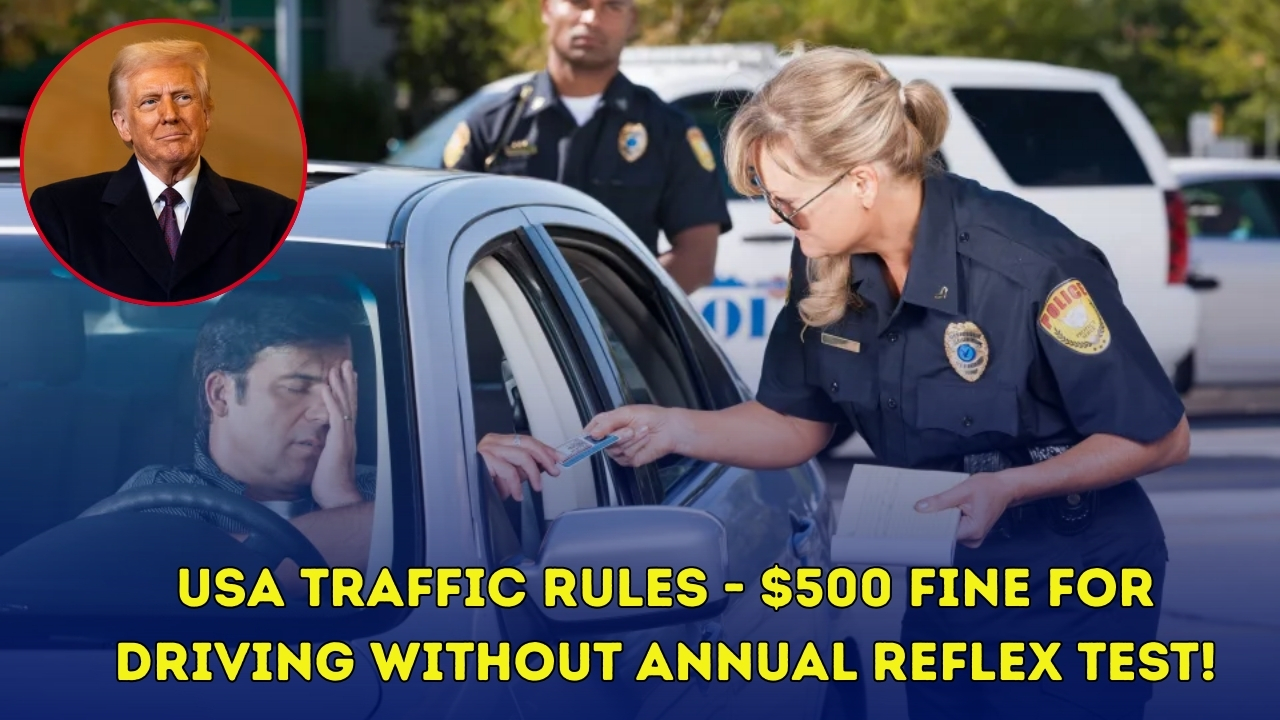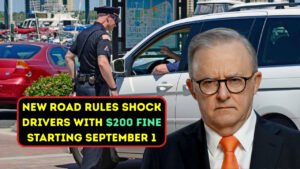In an effort to increase safety on the highways, the United States Department of Transportation has implemented a new policy requiring all licensed drivers to take an annual reflex test. The Department of Transportation has responded to the absurd safety climate the country has fallen to, by imposing a stiff fine of $500 for anyone found to have defaulted on the reflex test. The law has drawn mixed responses from the public, drivers, safety advocates, as well as lawmakers.
What Is The Annual Reflex Test?
In the annual reflex test, drivers are evaluated on their reaction to, and ability to navigate, step collisions, pedestrian crossings, as well as other standard driving tasks. With a goal of ensuring all drivers have the ability to react to situations in the road, the test is a minimum standard that is needed to be on the road. It takes the problem of drivers who have a reduced reaction ability and aims to mitigate the limitations through the test. The test is very brief, and standardized, composed of a few driving tasks spaced out calibrated pauses, all of which can be taken at state motor vehicle departments, or other authorized test centers.
Why The New Rule Now?
Experts in road safety have repeatedly pinpointed aging drivers as the culprit of neglecting road safety standards, as the aged are supplied along with the incapacity to react swiftly to different situations. New studies confirm that actively responsive reflexes play a key in avoiding numerous collisions that may occurs at intersections, or while slamming brakes. There is a clear conviction from the federal government that by making these measures, much more preventable road injuries will be mitigated.
Fines and Enforcement
Motorists who fail to attempt the annual reflex evaluation before renewing their license will incur a $500 fine, levied through a joint state and DMV office enforcement partnership. Additionally, chronic offenders risk fines, temporary license suspension, and other exacerbating measures. Enforcement agencies will be able to access compliance data, ensuring that only reflex test passers are allowed on the road.
Impact on Older Drivers and High-Risk Groups
Although all drivers are captured in the scope of the new requirement, it is especially aimed at seniors and people with certain medical conditions that are known to worsen with age. The annual evaluation flags individuals who would benefit from restricting their driving, or who would require alternative transportation. A number of states have provisions which exempt or require specialized testing for the disabled or chronically ill.
Public and Industry Response
As expected, there are both sides of the spectrum to this new requirement. Advocates for the safety of seniors are praising the government for taking the steps to mitigate accidents, while reflexes are defended as critical for driving. On the other end, critics have expressed that this could be another burden placed on law-abiding drivers, especially in the rural areas where access to testing centers is limited. Schedule reflex tests alongside license renewals. Some DMV offices accept bookings and private testing centers are becoming available.
This is one component of an overarching effort to promote advanced and data-based safety practices. Further research is being conducted to include reflex testing and enhanced cognitive testing within the vehicle. For now, the $500 fine for skipping the reflex test acts as a reminder that responsible driving goes beyond knowing the rules. Drivers are required to stay up to date with the latest safety regulations and comply to avoid penalties make travel safer for everyone.



